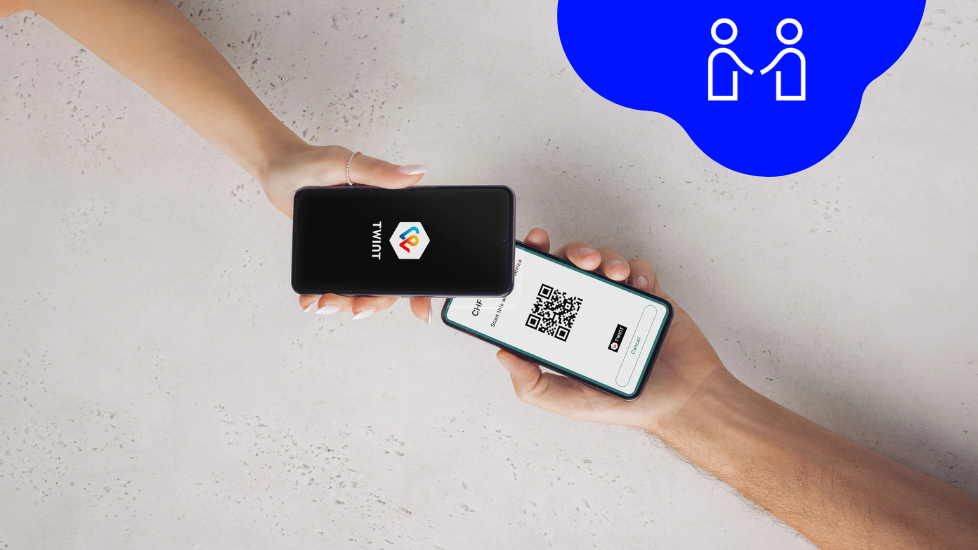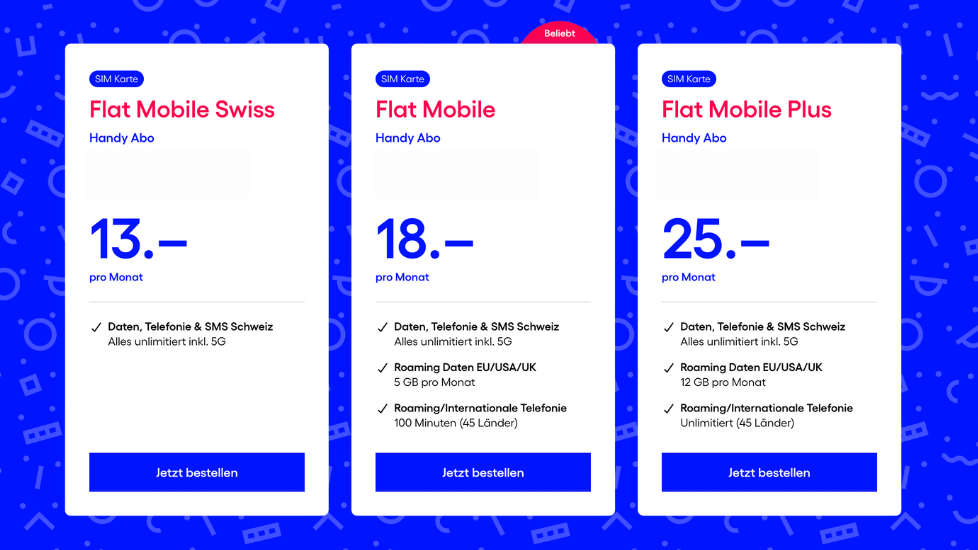What Internet Speed Do I Need for My Laptop?
You probably already know that we love SIM-enabled computers. But it’s not just Digital Republic! The notebook manufacturers have also recognized the trend and more and more laptops with SIM card slots are being offered every year. In our article on connected laptops, we have already listed our favorite laptops for you several times. However, because notebooks are used in more different ways than almost any other device, we want to take a closer look at our general recommendation of 50 Mbits and classify it for you so that you are always connected according to your needs.
Work: Local or in the Cloud?
Most laptops are used as work devices. How you work on your laptop is crucial for choosing the right Internet speed. Traditionally, you work locally with programs on the laptop and only use the data connection for communication and research. Here, a slower connection of 10 Mbits is also sufficient if no large files have to be transferred.
However, the situation is a bit different for cloud-based work. If you primarily work in a browser, you need a faster connection for multitasking on the go. We recommend not less than 50 Mbits so that you can continue working during a video call.

Do you work in the creative industry and need to transfer large amounts of data while editing images and/or videos via the cloud? Then a higher bandwidth of 300 Mbits is recommended. This way, you’ll be perfectly equipped to work on your projects completely independent of location and network.
Entertainment: Movie Theater or Concert?
The personal laptop has long since become more than just a work tool. It becomes a DJ deck at the home party, replaces the smart TV on the road, or shows us the latest news during a particularly dull university lecture.
Fortunately, most of these applications do not need a particularly large bandwidth. You can stream music in good quality with 10 Mbits and even videos in Full HD or 4k can be viewed smoothly with 50 Mbits. So if you just want to stream a series or the latest album by your favorite band during a train ride or your next solo coffee at Starbucks, you’ll be fine with 10-50 Mbits!
Of course, very few people use their laptop exclusively for one application. If you are a multitasker and also work in the cloud or make video calls while streaming, you should follow our standard recommendation of 50 Mbits.
The great thing about a mobile connection for your laptop is the independence you gain from public (and therefore often insecure) WLANs. You can find more advantages and a few device recommendations in our article “Networked notebooks”.
Gaming: Classic Multiplayer or Cloud Gaming?
Let’s be honest: Sometimes our laptop is just a toy. Especially in competitive online multiplayer settings, a fast Internet connection plays a crucial role. Here, it may seem counterintuitive to rely on mobile communications, but with the possible speed and low latency of 5G, there is not much standing in the way of such applications.
For classic multiplayer gaming, the required Internet speed is usually not as high as you might expect. For example, a game of CS:GO can be played at a speed of 50 Mbits without any problems.

However, if you are more hardware-light and your gaming setup is accordingly a cloud solution like GeForce NOW, you will obviously need a faster line. Cloud gaming is particularly dependent on low latency, which is why wired Internet is still the most popular option. If you still want to play games on the go via the cloud, you should rely on a 5G connection with 300 Mbits and be in an area with good network coverage.
The World Is Becoming Online-First – So Are the Laptops!
The growing range of cloud services and mobile-enabled notebooks gives an idea of where the technology trend is heading. The future will probably be characterized even more by online services and mobile working. This is where 5G mobile delivers the perfect connectivity for the independence and security requirements that this everyday working life places on us.
It can be worthwhile to rely on a provider that takes into account the individual requirements of each application area, so that you don’t have to pay for something you don’t need.
Depending on the extent of your multitasking, you will need a larger or smaller bandwidth. That is why we generally recommend 50 Mbits for laptops. This covers most use cases and you can downgrade if you do not need the full speed.
Digital Republic focuses on the greatest possible flexibility and a clear focus on devices. That’s why we don’t tell you how fast your connection is, but give you recommendations to help you choose a tariff. Mobile connections are naturally always subject to certain fluctuations. The option to flexibly upgrade or downgrade your tariff gives you the freedom to adapt to these conditions when demand or availability is lower. This means you don’t pay for a speed that you don’t need or can’t achieve at your usual location.
Discover Our Other News Articles

Payment Terminals for Everyone!
The world is becoming increasingly cashless. Small and medium-sized businesses in particular are faced with the challenge of having to accept electronic payments when dealing directly with customers. The necessary equipment is often expensive, complicated, and comes with a monthly base fee. But there are alternatives!

The Development of Our Ideal Cell Phone Plans for Switzerland
The path to the current Trio Flat Mobile Swiss, Flat Mobile, and Flat Mobile Plus cell phone plans is also an example of how Digital Republic wants to function as a provider and where its priorities lie. We have quickly transformed ourselves from a pure data SIM provider to a cell phone plan provider. And we have completely rethought the development process.

The Affordable Mobile Provider With Award-Winning Service
When it comes to mobile providers in Switzerland, the wheat is often separated from the chaff when it comes to price. Either you pay little for your subscription and do without services like support or 5G, or you go to one of the big providers and pay more than you might like. At Digital Republic, you get both!
